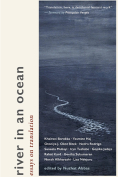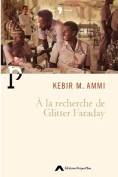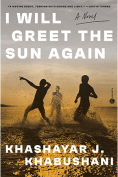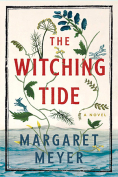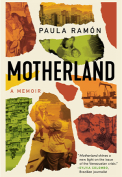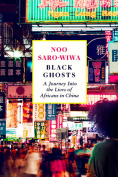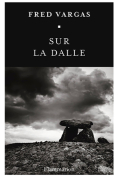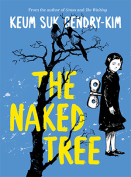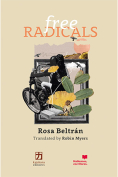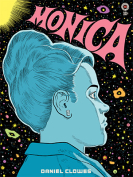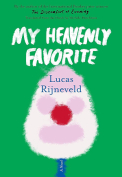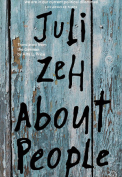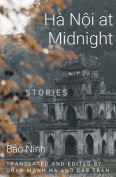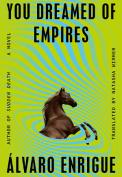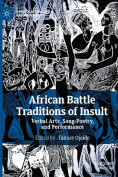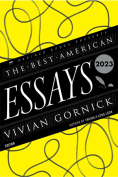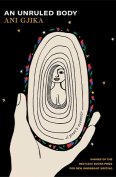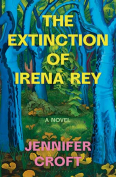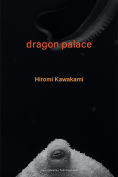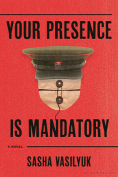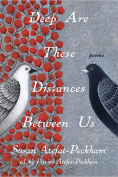You Dreamed of Empires by Álvaro Enrigue
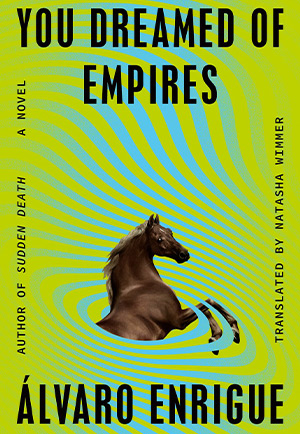 New York. Riverhead Books. 2024. 240 pages.
New York. Riverhead Books. 2024. 240 pages.
We are taught from a young age that history and fiction are two different epistemological categories. Simply, we are taught that one is a true account of past events while the other is a fantasy. To complicate matters, Aristotle informs us in his Poetics that history tells us of events that have happened, while poetry, or fiction, tells of what might have happened. Our collective understanding of the world, therefore, is a combination of the true and the untrue. Nowhere is this more apparent than in the human imagination, which Álvaro Enrigue’s new novel celebrates.
The famous meeting between Hernán Cortés and Moctezuma on November 8, 1519, is surely one of history’s events that determined the future for all humankind and is understood from both historical “fact” and fiction. You Dreamed of Empires, gloriously translated by Natasha Wimmer, takes another look at the meeting between Cortés and Moctezuma and the events leading up to that meeting. This is Enrigue’s second novel to be translated into English, following the powerful Sudden Death, also published by Riverhead (WLT, May 2016, 87).
On the surface, You Dreamed of Empires could be considered an alternative history of the Aztecs and their conquest by the Spanish, but that would be a reduction of the power and imagination this novel wields. Instead, Enrigue offers his readers a story of what could have happened, and did in dreams, especially those dreams of the author himself. Told with grace, sophistication, and more than a little magic, the novel tells the story of Cortés’s death at the hands of the Aztecs. Historically, we know that the conquistadors’ access to and employment of horses in battle helped secure the downfall of the Aztecs, and the role horses play in this novel is not insignificant. In fact, the horses themselves may be the key to the “dreams of empires,” just as important as the human imagination. When combined, the horse as means to an end and the human imagination lead the author to new territory.
In one of the most powerful moments in the novel, Enrigue provides us a glimpse into the heart of the narrative: “He was dreaming that he was dreaming. Mentally he saw himself dreaming that he was dreaming, and he could also see himself dreaming that he was dreaming.” There is no better moment that expresses the qualities of this novel and the fantastical art of storytelling. A novelist, Enrigue tells us in the acknowledgments, is also a researcher, and a researcher does not write in absolute solitude, just as humans do not exist in absolute solitude. You Dreamed of Empires can refer to multiple things, not the least of which are the minds of Moctezuma and Cortés as well as those of the writer and the reader. Perhaps the multiple empires we encounter all stem from dreams, from the fecundity of the human imagination.
The hallucination that is You Dreamed of Empires is an astounding trip for readers both knowledgeable and not on the history of Mexico and its colonial takeover by the Spanish. Enrigue unearths for us a Mexico and a Mexico City that is distant, familiar, strange, and revolutionary.
Andrew Martino
Salisbury University

